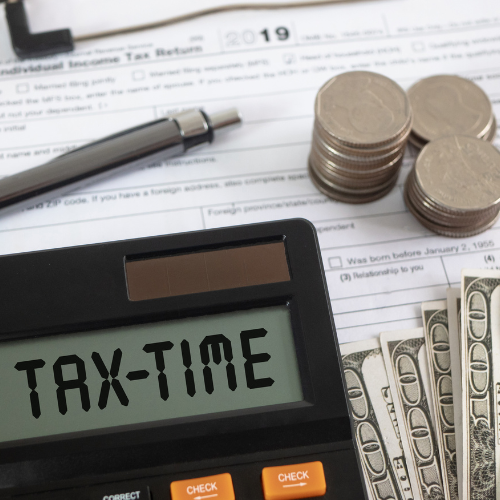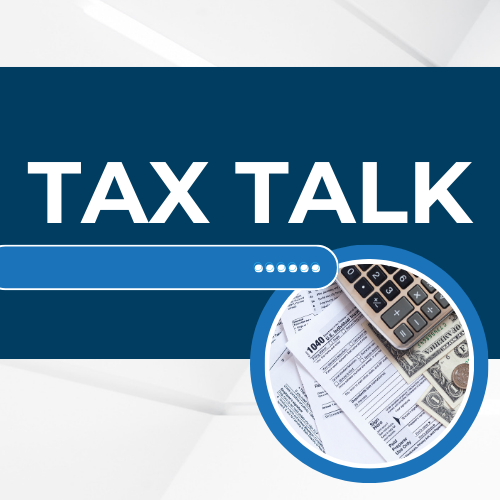Different Types of Financial Statements for Small Businesses
Navigating the Numbers: Understanding the Different Types of Financial Statements

Financial statements can be a snoozefest to read, but did you know that they play a crucial role in providing insights into a company's financial health and performance? Here we'll explore the different types of financial statements that small business accountants use, shedding light on their purpose and how they collectively paint a comprehensive picture of a business's financial standing.
Profit and Loss Statement:
The income statement is a dynamic snapshot of a business's profitability over a specific period, usually monthly, quarterly, or annually. It outlines revenues, costs of goods sold (COGS), gross profit, operating expenses, and net income. Small business owners and accountants use this statement to evaluate the company's ability to generate profit.
Balance Sheet:
The balance sheet provides a snapshot of a business's financial position at a specific point in time. It presents the company's assets, liabilities, and equity. Assets include everything the business owns, while liabilities represent obligations. Equity is the residual interest of the owners in the company's assets after deducting liabilities. A well-prepared balance sheet helps assess a business's solvency and financial stability.
Cash Flow Statement:
Cash flow is the lifeblood of any business. The cash flow statement tracks the inflow and outflow of cash over a specific period, categorizing activities into operating, investing, and financing. This statement is crucial for assessing a business's ability to meet its short-term obligations, invest in growth, and generate positive cash flow.
Statement of Changes in Equity:
The statement of changes in equity outlines the changes in owners' equity over a specific period. It includes factors such as net income, dividends, and additional investments. This statement provides transparency into the changes in ownership interest and is particularly relevant for businesses with multiple stakeholders.
Notes to the Financial Statements:
Often overlooked but crucial for comprehensive understanding, the notes provide additional information and context to the numbers presented in the financial statements. They explain accounting methods, assumptions, contingencies, and other relevant details that contribute to a more nuanced interpretation of the financial data.
Financial Forecasts and Projections:
While not traditional financial statements, forecasts and projections offer forward-looking insights. Small businesses use these tools to anticipate future financial performance, plan for growth, and make informed strategic decisions. These projections often include income statements, balance sheets, and cash flow statements for future periods.
Practical Tips for Small Business Owners:
- Consistent Reporting: Ensure financial statements are prepared consistently and on a regular schedule. This consistency enhances comparability and provides a reliable basis for decision-making.
- Understand Key Metrics: Familiarize yourself with key financial metrics derived from the statements, such as gross margin, working capital ratio, and return on equity. These metrics offer deeper insights into your business's financial performance.
- Leverage Accounting Software: Implement accounting software to streamline the preparation of financial statements. These tools often automate calculations, reducing the risk of errors and saving time for small business owners and accountants.
- Engage with Your Accountant: Collaborate closely with your accountant to ensure a clear understanding of the financial statements. Regular communication enhances the accuracy of financial reporting and allows for proactive decision-making.
Financial statements are not just numbers on paper; they are the language of business. Small business owners can leverage these statements to assess performance, identify trends, and make informed decisions that contribute to the long-term success of the business. By understanding the different types of financial statements and their respective purposes, entrepreneurs can navigate the financial landscape with confidence and clarity.















